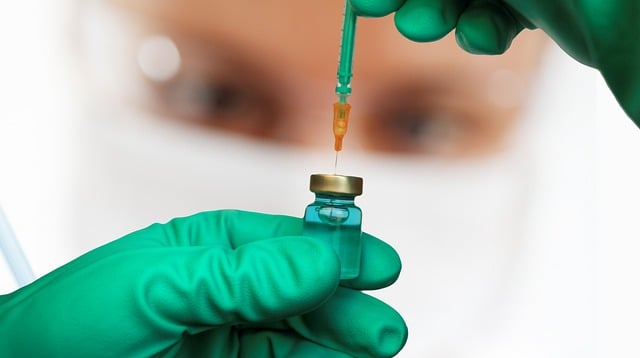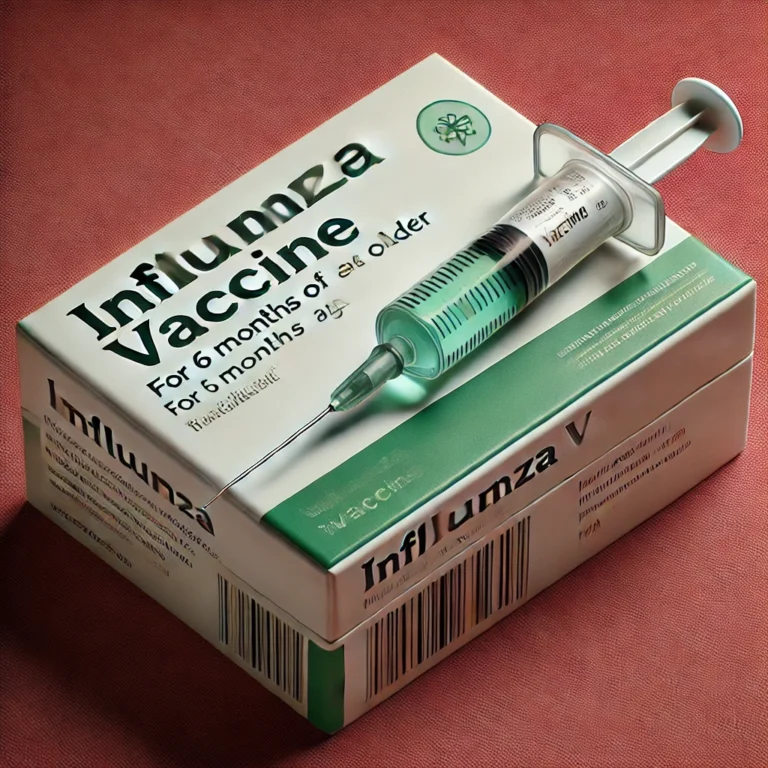In the past thirty years, there has been a shocking 80 percent increase in cancer cases among individuals under 50. This alarming trend underscores the importance of early detection and proactive healthcare. Let’s explore the reasons behind this surge and how we can better address it.
Introduction:
In recent years, a concerning trend has been emerging in the world of healthcare. Cancer cases among people under the age of 50 have increased dramatically, by nearly 80 percent, over the last three decades. This startling rise in cancer rates in younger populations is raising questions and concerns within the medical community. In this article, we will delve into the reasons behind this surge, the significance of early detection, and what steps can be taken to address this growing issue.
Understanding the Statistics:
The statistics are undeniable and concerning. While cancer has traditionally been associated with older age groups, the data now reveal a different story. A comprehensive study has shown an almost 80 percent increase in cancer cases among individuals under 50 since the 1990s. This surge is not limited to a specific type of cancer but is observed across various forms of the disease, including breast, colorectal, and skin cancer.
Reasons for the Surge:
Several factors contribute to this alarming trend:
Lifestyle Choices: Unhealthy lifestyle choices such as poor diet, lack of physical activity, and increased exposure to environmental toxins can significantly increase the risk of cancer, even in younger individuals.
Delayed Diagnosis: Younger people may not consider cancer as a potential health concern, leading to delayed diagnosis. The delay in seeking medical attention can allow cancer to progress to more advanced stages.
Genetic Predisposition: Some individuals may have a genetic predisposition to cancer, making them more susceptible at a younger age.
Stress and Lifestyle: Modern life is often characterized by high levels of stress, irregular sleep patterns, and inadequate stress management, all of which can weaken the immune system and make the body more susceptible to cancer.
The Importance of Early Detection:
Early detection remains the cornerstone of effective cancer management. For individuals under 50, regular health check-ups and screenings can make a significant difference in outcomes. Early-stage cancer is often more treatable and has a higher chance of complete remission.
Steps to Address the Issue:
Awareness Campaigns: Launch public awareness campaigns to educate people, especially those under 50, about the importance of early cancer detection and the risk factors associated with cancer.
Healthier Lifestyles: Encourage healthier lifestyles through community programs, school initiatives, and workplace wellness programs to reduce the risk of cancer.
Regular Screenings: Promote regular screenings for individuals under 50, especially if they have a family history of cancer or other risk factors.
Genetic Testing: Consider genetic testing for individuals with a family history of cancer to identify genetic predispositions and take preventive measures.
Mental Health Support: Address stress and mental health issues as part of cancer prevention, emphasizing the importance of stress management and emotional well-being.












